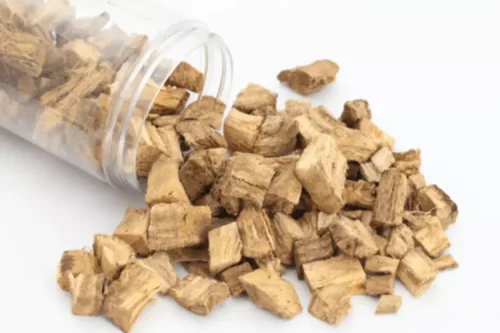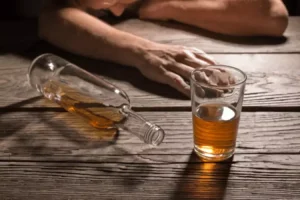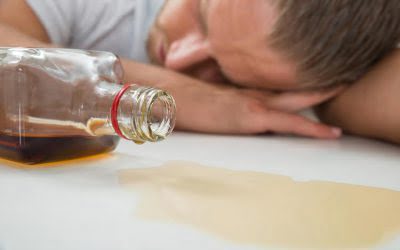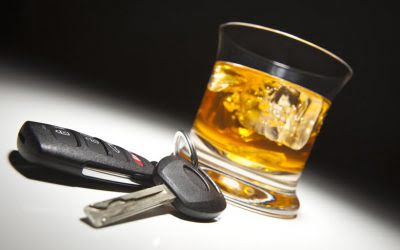All types of alcohol appear to raise blood pressure
Then make sure to check out The Worst Alcoholic Beverages For Blood Sugar. Having high blood pressure can feel pretty inconvenient, especially when you want some of your favorite foods and drinks. Thankfully, there are ways you can still consume the stuff you love while also managing your blood pressure levels.
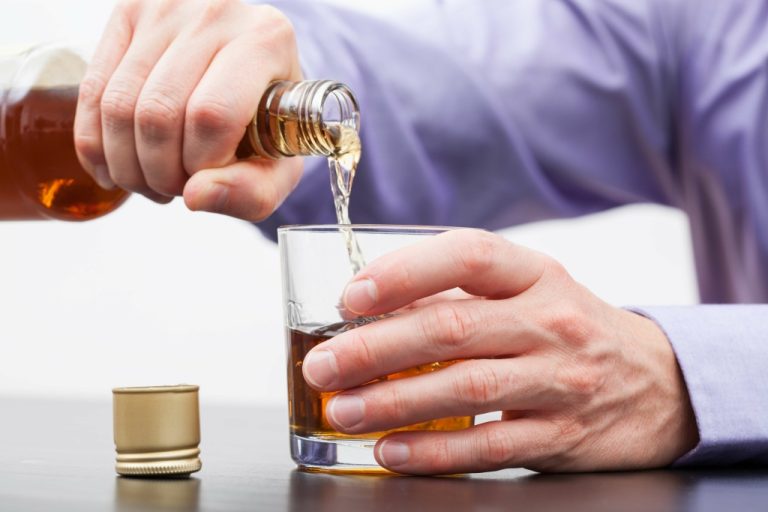
cholesterol-lowering foods
But drinking too much alcohol can raise blood pressure and damage the heart over time. If you’re trying to manage high blood pressure, it’s safest to drink only small amounts or avoid alcohol altogether. On the other hand, heavy drinkers—those who consume more than three drinks per day—are at a much higher risk of developing hypertension. The more alcohol you consume, the greater the strain on your cardiovascular system. Chronic alcohol use can lead to sustained high blood pressure, which, if left unmanaged, can result in serious health risks, including heart attack, stroke, and kidney disease.
Other Tips for Lowering Blood Pressure
- A slice of bread typically has only 100 to 200 mg of sodium, but if you eat a lot of bread (which many of us do), it can add up.
- Potassium can also relax the walls of your blood vessels, which is important because hypertension increases stress on these vessels.
- Eating too much of them can lead to weight gain, which is linked to raised blood pressure.
- Over time, this added strain can lead to hypertension, or chronically high blood pressure, a condition that significantly increases your risk of heart disease, stroke, and other health problems.
According to the meta-analysis, people who had around 3.5 drinks per day saw their systolic blood pressure increase by nearly five Drug rehabilitation points and their diastolic blood pressure increase by three points over five years. That’s because alcohol (of any kind) constricts or tightens the muscles that surround your arteries. “When those muscles tighten, it leads to an increase in blood pressure,” says Dr. Desai.
![]()
Alcohol And Your Heart: Happy Hour And Hypertension
“Some of the new diabetes medications have a diuretic effect, and that could cause dehydration” in people with diabetes, Vaishnava says. Research shows that regular use of acetaminophen can raise blood pressure, as can nonsteroidal anti-inflammatory drugs (NSAIDs), including ibuprofen and naproxen. If you already have high blood pressure, NSAIDs can prevent several common meds such as ACE inhibitors and https://ecosoberhouse.com/ diuretics from doing their job. While many people know that exercise, stress management, and a healthy diet are important for controlling blood pressure, what we drink can also make a big difference. Research has found that hibiscus tea can lower the top number in your blood pressure reading — called systolic pressure — especially if you drink it daily.

Tips to Manage Your Blood Pressure
- It has been proven by several studies that discontinuing alcohol consumption does reduce high blood pressure.
- For more than 130 years, Norton Healthcare’s faith heritage has guided its mission to provide quality health care to all those it serves.
- Specifically, alcohol and blood pressure medication interactions comprised a significant portion of these risks.
- But after that short-term dip, alcohol can send your BP soaring, especially if you’ve had three or more drinks in one sitting, per the Mayo Clinic.
- A standard drink contains 10g of pure alcohol and is equivalent to 2/3 can of beer (220ml), a glass of wine (100ml), or a nip (30ml) of spirits.
A blood pressure monitor could be an all-you-need tool to manage your blood pressure. With a boom in silicon technology, modern-day monitors are very accurate and provide you with clinically valid data. This approach is especially beneficial as it addresses the root causes of high blood pressure and promotes overall health without the potential side effects of medication. There are several ways to lower blood pressure; lifestyle changes and diet are often the first line of defense in managing and reducing high blood pressure. Furthermore, liver enzyme interactions with heart medications can alter drug levels in the bloodstream. For those concerned about giving does alcohol cause high blood pressure up wine due to high blood pressure, non-alcoholic wine might offer a compromise.

